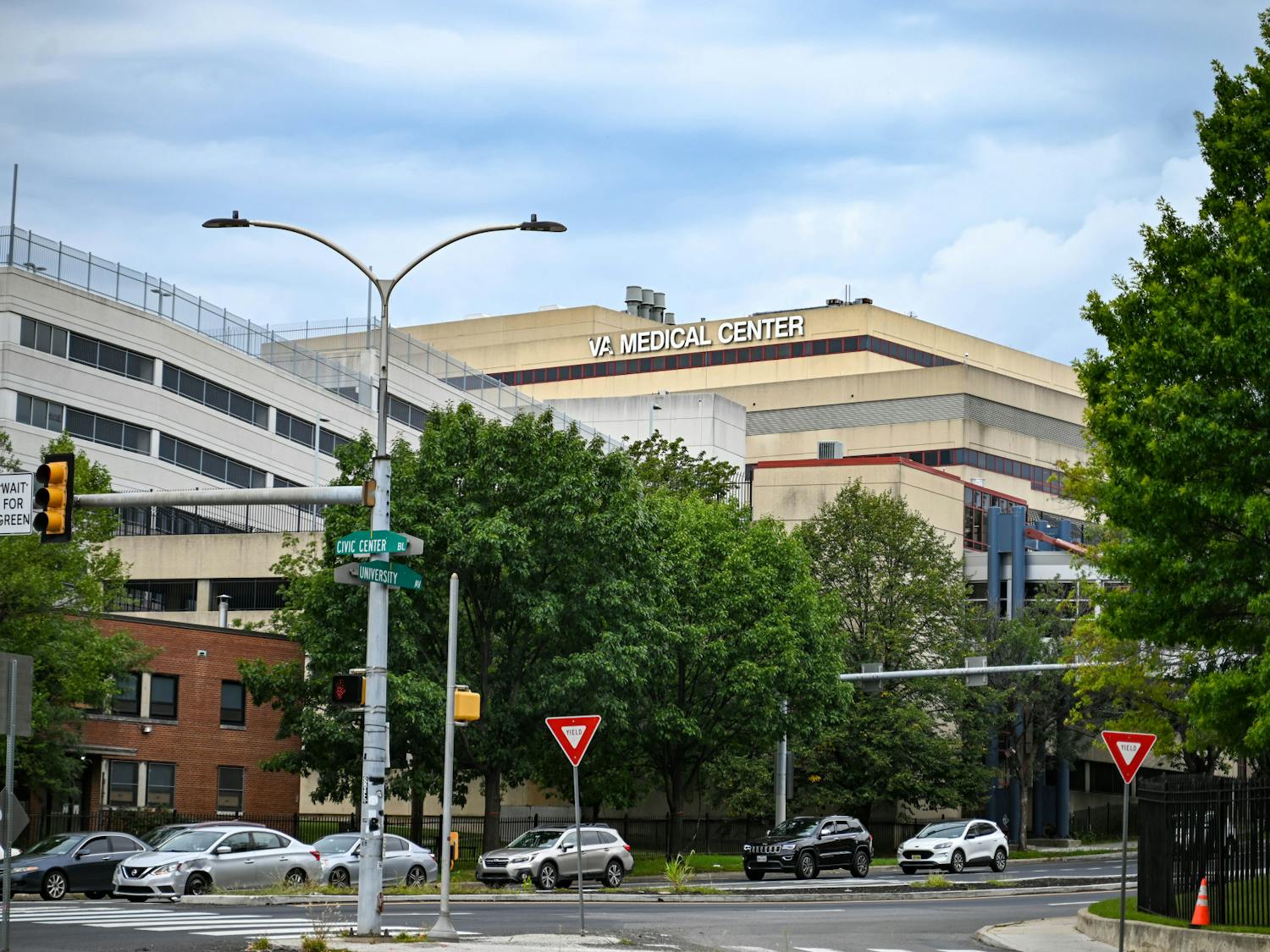Professors at Penn received salaries competitive with peer institutions during the last fiscal year, according to the Economic Status of the Faculty 2001-2002 Report.
According to the report released last week, full and associate faculty received salaries which "were above the mean" of the sample. Assistant professors received compensation that centered "right at the mean."
However, with a ranking of sixth, Penn has dropped one slot from last year's seeds -- Princeton, in addition to Harvard, Yale, Stanford and the University of Chicago, exceeded Penn.
According to the data published last year by the American Association of University Professors -- which was included in the 2001-2002 economic report -- the average salary of full professors at Penn was $128,000.
"We do want a highly competitive faculty. In most cases, I think we have achieved that, and I think faculty excellence is what attracts excellent students," University President Judith Rodin said.
She added that "we clearly want our faculty to be well-compensated so that they choose to stay at Penn."
The report analyzed salary numbers for full, associate and assistant professors in the academic fields of natural sciences, social sciences and humanities, engineering, architecture and management. These results were then compared against the year's Consumer Price Index and about 20 peer institutions.
Though still remaining at the mean level relative to other nationally-renowned institutions, Penn's report highlighted two groups' compensations as worthy of further attention -- full professor positions in engineering and assistant professor positions in natural sciences, engineering and architecture.
According to the report, these areas "have fallen behind the level at which Penn ordinarily competes."
Yet, according to School of Engineering and Applied Sciences Dean Eduardo Glandt, a middle- ranking among such institutions should not be viewed as a negative result.
"The most reliable data... shows that the salaries in [Engineering] are right on the median for the peer group," Glandt wrote in an e-mail.
He added that "the data are always two years old, and given our recent steps, I am confident that we are above the median by now."
Glandt also wrote that Engineering administrators are currently "striving hard to correct" the relatively lower compensation of assistant professors in the school.
"In short, I believe that salaries could be and should be higher but that they are, on average, at the middle of the range of our competitors," Glandt concluded.
University Provost Robert Barchi echoed Glandt's sentiment regarding assistant professor compensation.
"We are particularly concerned for salaries for assistant professors," Barchi said, adding that "we have gradually been moving the offers up" since the data was first released.
But Barchi noted that the cost of living in Philadelphia is lower than other regions of the country, making the "buying power of a salary in Philadelphia much greater" than in areas like Palo Alto, Calif.
He added that the administration has "been working hard to make sure that our faculty compensation can be as competitive as we can make it" and that, to his knowledge, Penn has not lost professors for salary-related reasons.
In the realm of the School of Arts and Sciences, Dean Samuel Preston explained that even as this report is read by the public, new data is being released for the 2002-2003 year.
This new data, Preston said, "shows that the relative salary in the School of Arts and Sciences... has improved by 2 percent."
"We've been making steady improvements against our peers," Preston noted, adding that "we aim to continue doing that."
Overall, Senate Committee on the Economic Status of the Faculty Chairman Eric Bradlow noted that such reports allow the faculty to know "where they stand" within their own division of the University, the entire institution and in comparison with other prestigious schools nationwide.
He explained that such a report "represents [the faculty's] interests" by revealing "unintentional biases" which may occur in compensation.
According to Bradlow, "If you look at these salaries... Penn's faculty is paid quite fairly."








